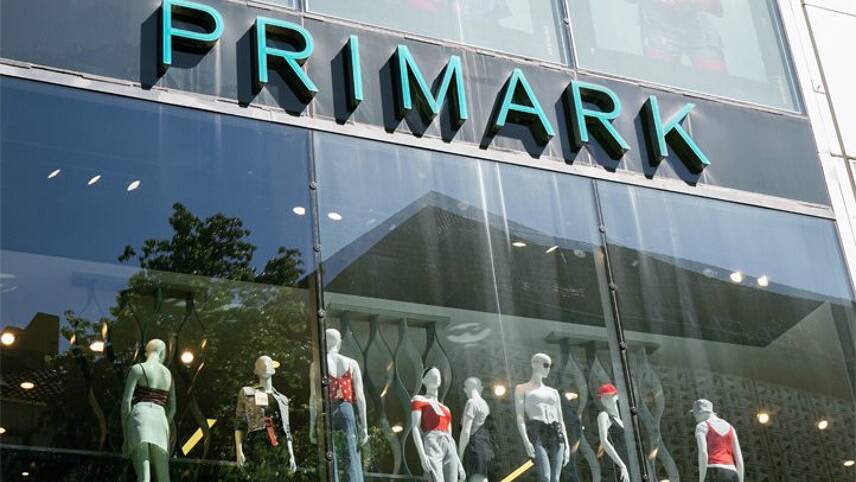Register for free and continue reading
Join our growing army of changemakers and get unlimited access to our premium content

Primark is one of the world's largest fashion retailers
Primark’s new initiatives are all focused on extending the life of its clothing products and building towards a wider ambition of “becoming more circular” under the Primark Cares strategy.
The retailer is working with WRAP through the Textile 2030 agreement to establish an industry-wide durability standard and has commissioned research on price and consumer attitudes toward durability. Primark has developed a new “durability wash standard” that is based on WRAP’s Clothing Longevity Protocol.
Primark started with testing denim and, so far, 60% of the products tested have passed this new enhanced standard. The company will now pilot the new standard across socks, and jersey categories across womenswear, menswear and kidswear.
Primark has clarified to edie that durability under the piloted standard focuses on the “longevity of clothes through washing and wear once they’ve left our stores” but that there is currently no wider recognised standard for durability.
The retailer is also scaling up its clothing repair workshops, following a 12-month pilot. Primark trialed 43 repair workshops in 2022 and is expanding the initiative across the UK and Ireland, with additional European markets to follow.
Additionally, Primark has created an online customer hub featuring easy-to-follow repair videos, covering everything from basic stitching to sewing on buttons and zips.
The retailer has also announced it is working with Hubbub to research consumer attitudes and wearing and washing habits.
Primark Cares’ director Lynne Walker said: “We believe passionately that more sustainable fashion should be affordable for all and whatever your budget you should be able to trust that the clothes you are buying meet a certain standard and can go the distance. This has never been more important for our customers.
“That’s why we want to see the introduction of a durability standard across the fashion industry, and we want to understand more about the behaviours and attitudes which impact how we all wear and care for our clothes. We know that many clothes that are discarded may still have plenty of wear left in them and that’s why we want to help people learn new repair skills to be able to sew, fix a button or even customise a piece of clothing and give it a new lease of life.”
Net-zero focus
The global fashion sector is estimated to account for 4-10% of annual emissions, making it a higher emitter than aviation. McKinsey and Global Fashion Agenda have warned that the industry will fail to align with the Paris Agreement without transformational change over the next decade.
Two years ago, Primark signed the UN’s Fashion Charter, committing it to reducing emissions by 30% by 2030 and achieving net-zero by 2050.
The Charter covers the business’ absolute emissions footprint, including Scope 3 (indirect) emissions. Primark, like most large fashion firms, has calculated that the majority of its emissions footprint sits within this category.
The UN Fashion Charter launched in 2018 and has garnered the support of more than 50 businesses, including suppliers and logistics firms as well as designers and retailers. Other signatories of the Charter include H&M Group, Levi Strauss, Kering Group and Inditex – the owner of Zara.


Please login or Register to leave a comment.